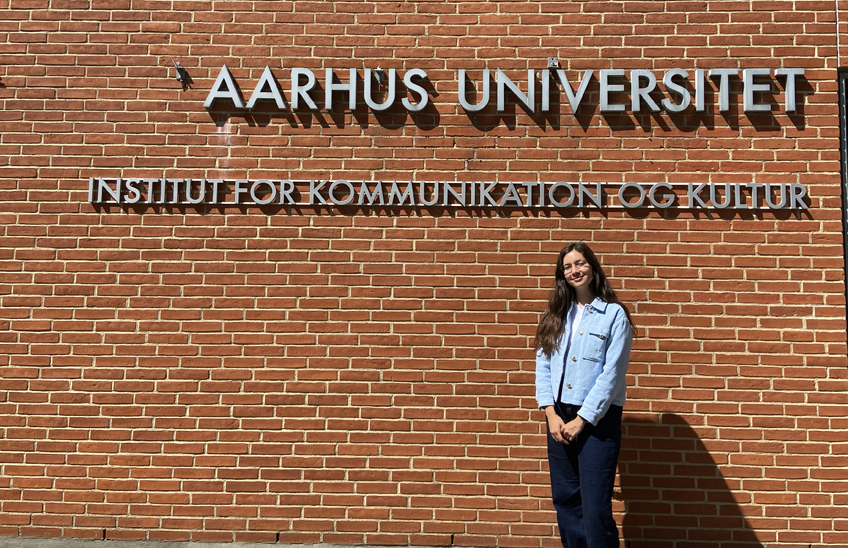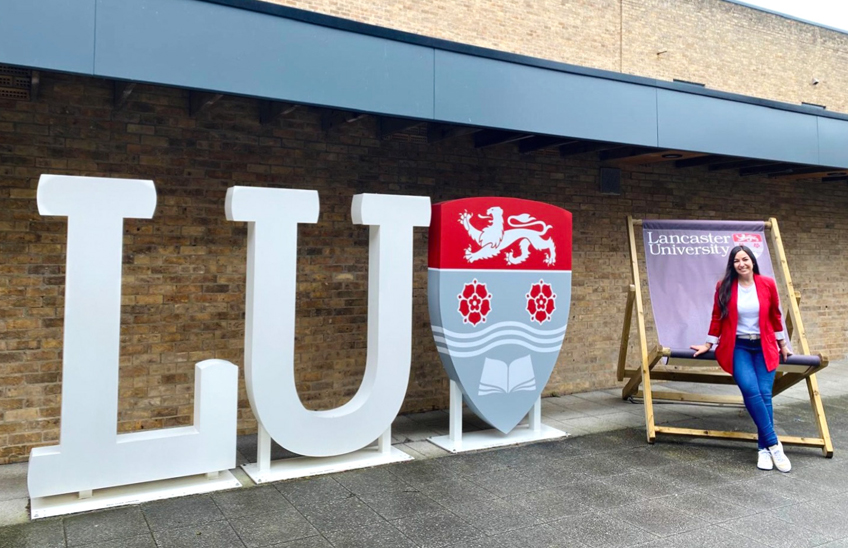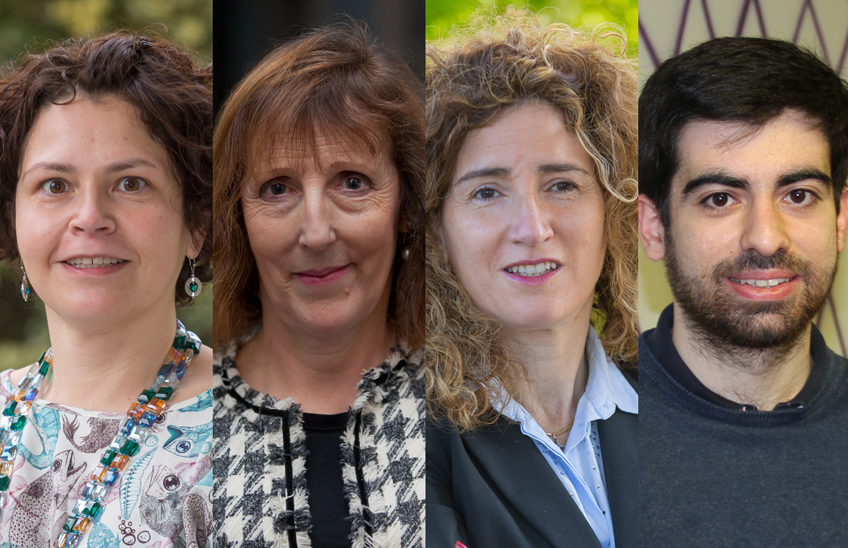Structured entertainment can help prevent problematic technology use in adolescents, according to a new study. research
Experts from the University of Navarra and the University of the Basque Country conducted a study with 7,723 young people from Spain, Chile, Mexico and Peru.

PhotoManuelCastells/From left to right, Izaskun Ibabe, from the School of Psychology of the UPV; Aranzazu Albertos, from the Institute for Culture and Society (ICS) of the campus Pamplona; and Cristina López-del Burgo, from the School of Medicine.
04 | 08 | 2023
Structured leisure activities can help prevent problematic use of technology in adolescents, according to a study by the University of Navarra and the University of the Basque Country (UPV). It collects data from 7,723 young people between 13 and 18 years of age, 55% of them female, from Spain, Chile, Mexico and Peru.
The authors of article are Izaskun Ibabe, from the School of Psychology of the UPV; Aranzazu Albertos, from Institute for Culture and Society (ICS) of campus Pamplona; and Cristina López-del Burgo, from School of Medicine.
To carry out the research they used as an instrument of assessment the questionnaire of the project YOURLIFE of the Institute for Culture and Society (ICS). This is an international survey on the lifestyles and personal relationships of young people in Europe and Latin America. It is currently being applied in more than 10 countries and has the responses of more than 20,000 students from a hundred educational centers.
From agreement with the article, as adolescents spent more time in unstructured leisure activities, they showed worse performance in goal attainment and self-control skills. They also experienced more problematic use of technologies: wasting time instead of doing productive things, repeatedly checking email or social networks in the midst of other activities, looking at their phones during meals...
Likewise, the researchers observed that the opposite involvement was true for structured leisure activities, such as work at volunteer activities, artistic and educational initiatives (music, painting, theater, lectures...) and time away from home with parents.
The importance of early intervention
In conclusion, the authors of work emphasize that it would be interesting to promote structured leisure and avoid or control unstructured leisure, applying rules in the family about the time spent on screens.
At the same time, they suggest that it would be positive to train parents to promote a balance between the use of technology and other activities, adapting the rules to the level of development of their children. Thus, they point out that early intervention is needed so that the youngest learn to develop a healthy relationship with the digital world.
This article is related to challenge ICS 22-23 'Youth, relationships and psychological well-being', which is aligned with the University of Navarra's Strategy 2025 'Health and Well-being'. The goal of this strategic line is for the University to be a place where study and work can be combined with a healthy lifestyle, as well as working together with other centers and organizations to contribute to promote a culture of health in society.
reference letter from article: Ibabe, I., Albertos, A. & Lopez-del Burgo, C. Leisure time activities in adolescents predict problematic technology use. Eur Child Adolesc Psychiatry (2023). https://doi.org/10.1007/s00787-023-02152-5



